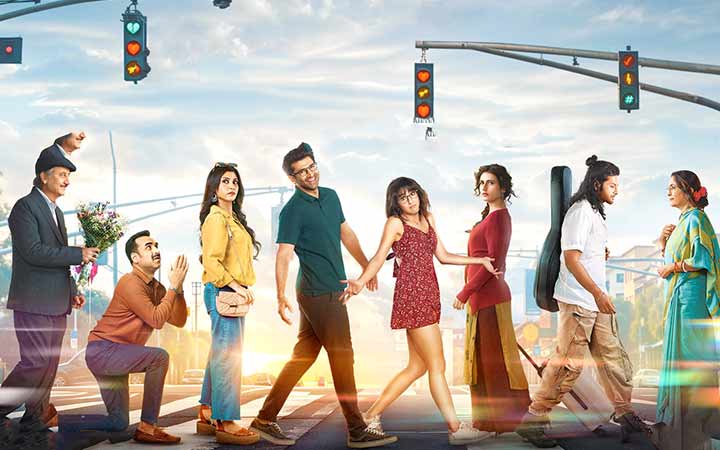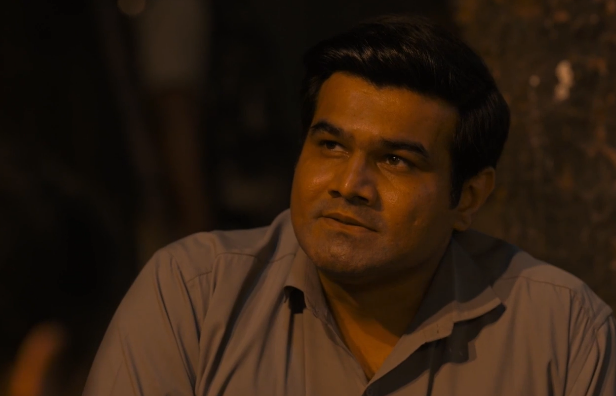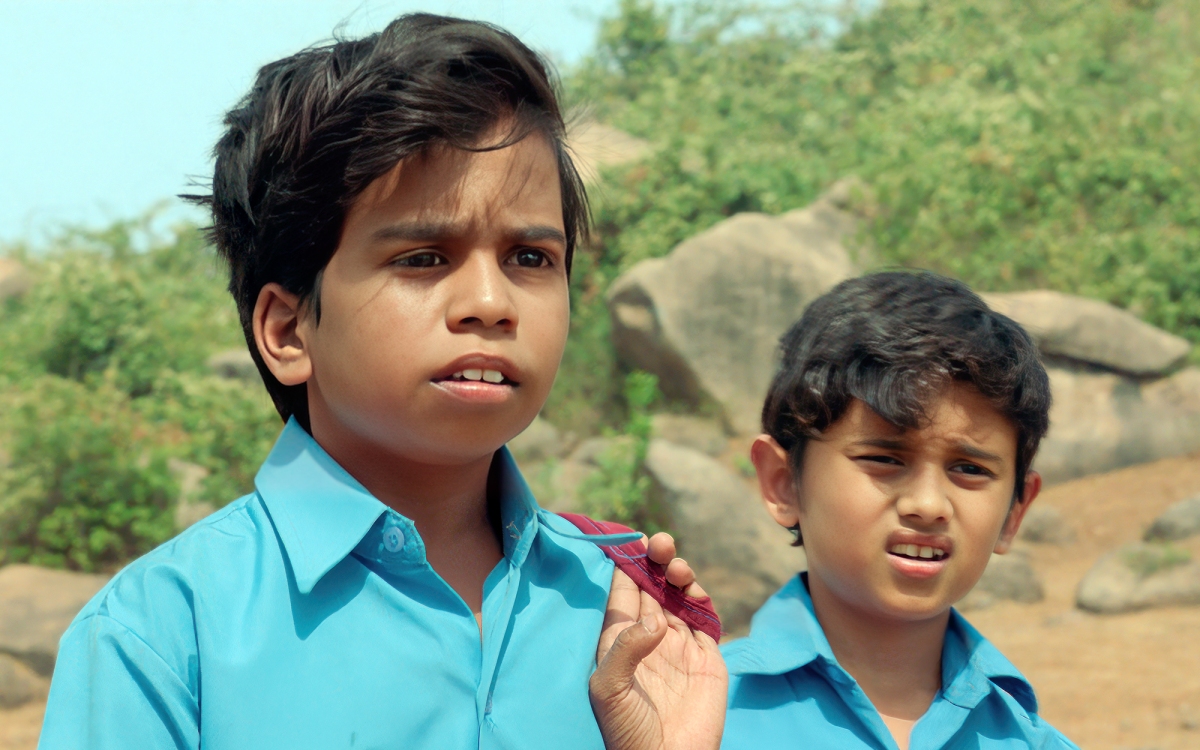
If The Kashmir Files is Right-wing propaganda, then is the Shiladitya Bora directorial a Left-wing agenda? – Beyond Bollywood
Impressive performance by child artistes Satendra Soni, Sparsh Suman, isn’t enough to paper over the average screenplay. It, however, has a fine social message, especially for the youth.
Rating: ⭐️⭐️✨️ (2.5 / 5)
By Mayur Lookhar
“If we are to teach real peace in this world…we shall have to begin with the children,” Mahatma Gandhi.
The great man’s words have largely remained hollow in an increasingly divided world, where outstanding conflicts have remained unresolved, largely due to the hate ideology inherited by youth in afflicted nations.
Writer Sudhakar Nilmani ‘Eklavya’ and director Shiladitya Bora’s Bhagwan Bharose [2023] opens with the forgotten Gandhian quote. For close to next hour though, it appears to be heading into a different trajectory. Bhola [Satendra Soni] and his best pal Shambu [Sparsh Suman] are two kids enamored by the black and white TV, the first in their unspecified north Indian village. The TV is bought by Bhola’s father, who works as a humble worker in Bombay, now Mumbai.
Set in 1989, the early screenplay suggests that this could be a children’s film about the impact of television on young minds. The kids, villagers were all excited to watch Mahabharat. Sadly, after a couple of weeks, the village faces severe power cuts leaving the cute little boys disheartened.
Economic woes leave the kids to seek strange ‘wisdom’ from the local pandit [Hindu priest], as was often the case with poor families in rural India. The opening Gandhian quote isn’t entirely forgotten and the film’s core plot became apparent the moment you hear the azan (Islamic prayer) in the background. All along, the kids in the village were cautioned that demons live on the other side of the stream. The first half is spent on building an emotional connect with the two boys, but the real story follows later.
Bhagwan Bharose [2023] is a reminder how religion is used as a tool by vested interests to propagate their divisive agenda. Seeds of hatred are often planted at an early age, which sees the youth inherit the hate ideology. Though fictional, but many Bholas and Shambus have lost their innocence in the period that led to Babri Masjid demolition, and the subsequent communal riots across India in 1992.
Eklavya and Bora are justified in telling their story through the prism of two young boys. The future of any nation depends upon its youth. The question is what legacy do you want your youth to inherit? The subtle reference to politicization of religion in the particular period will naturally make you wonder, is this any anti-majority film? Religious tension is simmering across both sides of this village. Amidst this divide, there is one man who is different. Bokharo Baba [Manu Rishi Chaddha] an atheist, perhaps a lowborn who is least liked in the village. The only person who is cordial to him is Nanubhai [Vinay Pathak], Bhola’s maternal grandfather. Nanubhai assures fellow villagers that Bokharo will not cause any trouble during the Satyanarayan puja. But the atheist couldn’t hold himself in questioning certain rituals. He is asked to leave the puja before things get ugly.
There is gulf between villagers on both sides, but the communal tension means that they are two sides of the same coin. What role does a Bokharo Baba play here? Isn’t the atheist here a communist?
Writer Eklavya and Shiladitya Bora have placed their film in a period where Hindu nationalism was taking a certain shape. Questioning that today is akin to sedition. Eklavya and Bora are justified in setting their film in the 1989 background. They can’t be faulted for exposing a particular divisive ideology, but the duo relatively underplay the hate from the other side. (In 2023, global terror largely emanates from radical Islam). Throw an atheist in the mix, and it is convenient to label Bhagwan Bharose as some Communist propaganda. The Left liberal voices are often quick to label films like The Kashmir Files (2022) as Right-wing propaganda. Will they now say that Bhagwan Bharose is Left-wing propaganda?
We’ve never ascribed to any propaganda labelling. Bhagwan Bharose certainly isn’t one propaganda film. It merely exposes communal politics that thrives on the innocence of youth. Throw in unemployment, and often youth is ripe for the taking. There is an element of capitalism too in the form of Bhola’s uncle, who sells toys in the carnival. Poor Bhola carried social, economic, and personal burden. Plus, Nanubhai’s ‘shocking’ death left the boy disillusioned. With Nanubhai gone, there is no one to guide the vulnerable boy.
Bora’s film has the right social message, but the flaky, dry screenplay doesn’t infuse much life. Writer Eklavya and director Bora barely had a 15–20-minute screenplay. The first half is padded to turn this into a feature film.
What binds you to a Bhagwan Bharose is the stellar acts by child artistes – Satendra Soni, Sparsh Suman, and the impressive show by the ever dependable Masumeh Makhija, who plays Bhola’s mother Radha.

Right from the first frame, the two boys charm you with their innocence, confidence, and rooted tone/body language. Bhola has a little temper but Shambu truly epitomizes innocence, cuteness. In the opening scene, the two boys are perched on the wall of a borewell. Little Shambu is curious about what lies at the bottom? He prays to the lord, that I’m ready to sacrifice my life just to get one gaze of hell. Phew, one is gripped by poignancy wishing that the child takes back his words. The Suman and Sono bonhomie is what defines Bhagwan Bharose.

We admire Vinay Pathak, but seldom have we found him convincing in a rural character. It’s not atheism, but the white long beard that adds to the fear factor around Manu Rishi Chaddha’s character. The screenplay isn’t convincing. Shiladitya Bora, too, doesn’t show great prowess as a filmmaker. Bhagwan Bharose is far from perfect. However, not many films in current times strike a conversation. The film’s fate is perhaps ‘bhagwan bharose’ but there is plenty to ponder around this Shiladitya Bora directorial.
Publisher: Source link
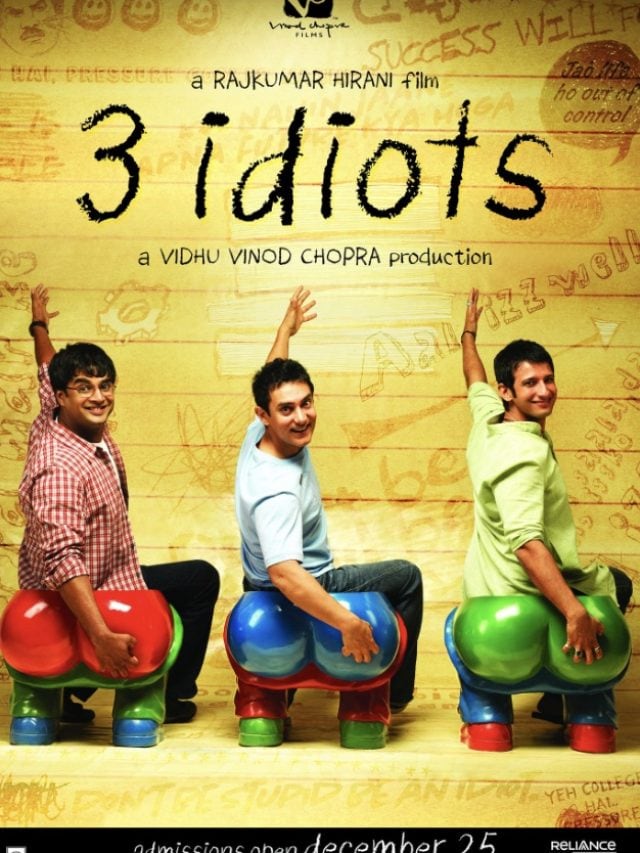
5 Bollywood Films To Watch To Brighten Your Day
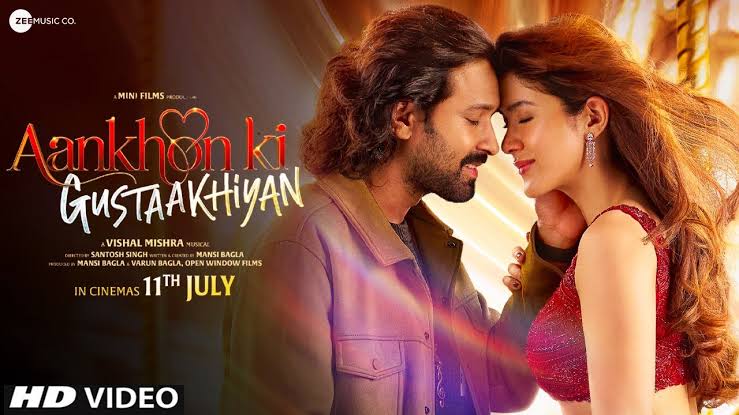
Sightless, yet soulful – Beyond Bollywood
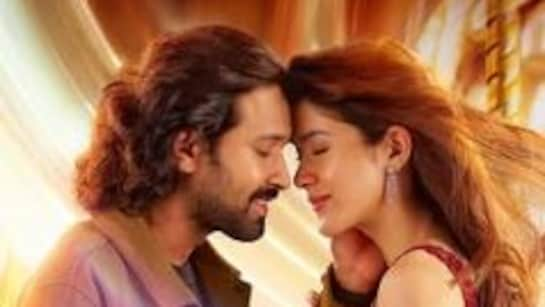
Aankhon Ki Gustaakhiyan Movie Review
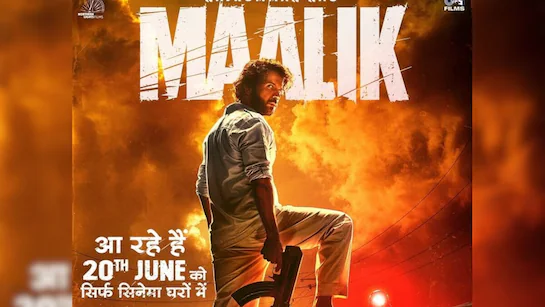
Maalik Movie Review – Bollymoviereviewz
